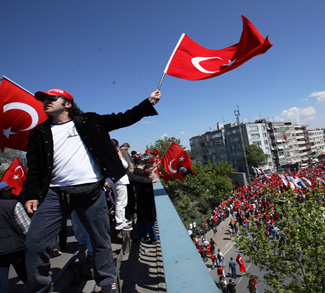The presidential election run-off in Guatemala, scheduled for next month, carries significant implications for the Central American democracy. Amid unproven allegations of electoral irregularities, concerns mounted when a Guatemalan court ordered the suspension of the country’s outsider candidate, Bernardo Arévalo, following his surprise second-place result in the first round of elections held late last month. However, following a wave of international criticism, the Constitutional Court suspended the earlier order, allowing Arévalo to contest, albeit with a probe into his party still looming. With the country’s political stability in question, the impact of these elections could set the course for the region’s democratic future and the staying power of the “pink tide” phenomenon in Latin America.
Candidate Profiles
The key contenders for the presidential position are noteworthy in their contrasts. Sandra Torres, the former first lady, is a political veteran and is viewed as the favored candidate by Guatemala’s political establishment. During her tenure as first lady, Torres initiated several significant social welfare programs, earning her a broad base of support, particularly in rural regions. In a surprise move, Torres suspended her campaign following the court’s actions against her opponent. However, the entrenched political divisions in the country have resulted in a high unfavorable rating for Torres, casting a shadow over her appeal in next month’s run-off.




